Made up of water, aggregate (rock, sand, or gravel), and Portland cement, concrete is the most widely used construction material. Its popularity is mainly due to the fact that concrete is flexible, cheap, and durable.
Explore 12 Futuristic Technology Trends Solving Concrete's Biggest Challenges.
Unfortunately, even with today’s contemporary recycling technology, used or old concrete is seen and treated as waste. Concrete piles are one of the most common sights around concrete plants or construction sites across the world.
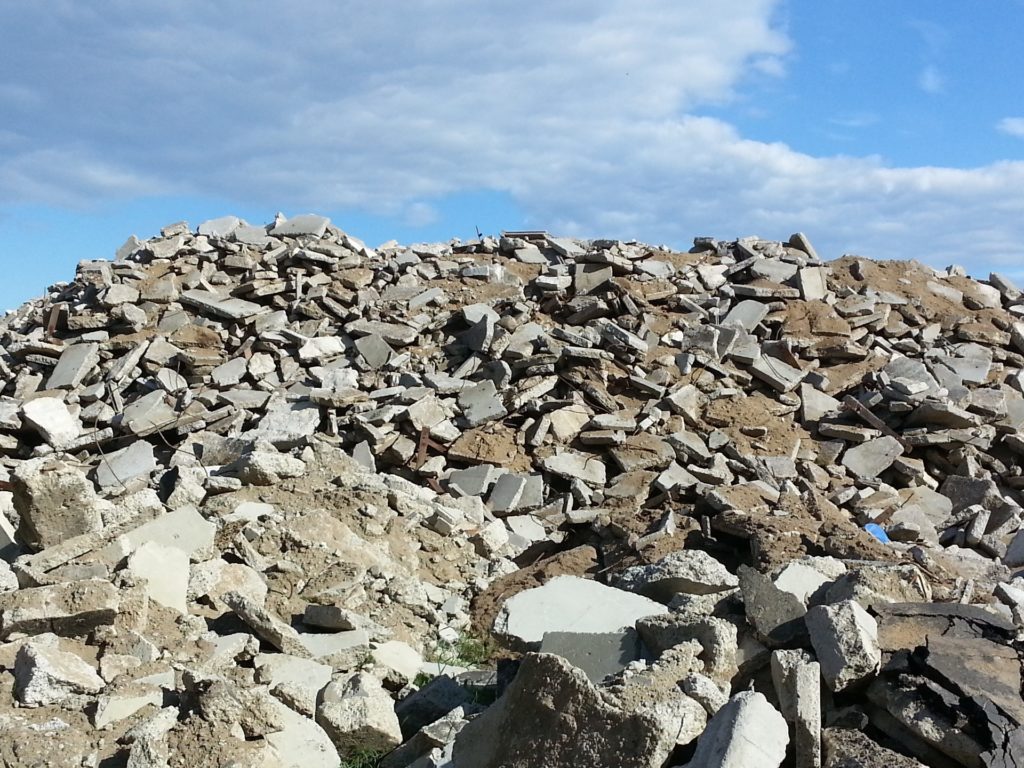
However, concrete can be reused, recycled, or repurposed. And if handled correctly, concrete plants and construction businesses can garner solid profits from concrete.
Ways to Handle Concrete for Environmental and Economic Benefits
Let’s look at how construction sites can handle concrete in a way that makes the most of it environmentally and economically:
1. Monitor the Quantity of Concrete Produced
One of the foremost and simplest steps construction sites and concrete manufacturing plants can take is to monitor the quantity of concrete produced. Customers usually overestimate their orders, but producers can mitigate this by charging an “environmental fee” for concrete that is returned unused.
Talk with your sales division about the various aspects of returned concrete and how it affects your business both on an environmental and financial front. You can then use this data to chart out proper strategies to curb excessive production as well as to ensure proper handling of concrete.
2. Recycle Surplus Concrete
With today’s technological advancements, recycling concrete has become relatively easier and more beneficial than ever. For instance, plastic concrete can be processed with the help of a concrete reclaimer to produce aggregate. This aggregate is perfectly suitable for manufacturing new batches of concrete without the use of new or virgin materials. Even hardened concrete can be crushed to desired textures, which can then serve as a quality base material for manufacturing a variety of products.
So when you recycle concrete, you are basically generating value for a material that was otherwise a financial negative for your business. Hence, the next time you find mounds of old or surplus concrete on your site, you know you are looking at financially and environmentally lucrative opportunities through recycling.
3. Repurpose Old Concrete
Old concrete can be repurposed in so many creative ways. It can be used to make paving blocks, walkways, pots, flower bed, or benches for community use. You can also pave your yard with old concrete. The possibilities are endless and interesting. Gradually, many construction sites and precast concrete plants are finding other purposes and buyers for concrete that is unsuitable for its original use.
4. Reuse Extra Concrete
One of the best qualities of concrete is that it is possible to manufacture new batches of the material with leftover or excess concrete. A lot of research has been done on this front, showing the feasibility of this process in technical terms. It is primarily done by using certain kinds of concrete admixtures. If your plant or site has huge quantities of extra concrete, talk to an expert and see how you can cut costs on manufacturing fresh batch of concrete by using the leftover concrete. This practice will help your company reap dual benefits–on the environmental front as well as the financial front.
Also, recycled concrete saves precious and fast-depleting landfill space and replaces other materials such as gravel, which has mining and transportation expenses tagged to it. Today, you can find a variety of recycling equipment for concrete. Learn how your business can garner solid profits by correctly handling concrete.
Author Bio:
Erich Lawson is very passionate about the environment and is an advocate of effective recycling. He writes on a wide array of topics to inform readers on how modern recycling equipment can be used by industries to reduce monthly wastage bills and increase recycling revenue. You can learn more about environment saving techniques by visiting his blog on Northern California Compactors, Inc.

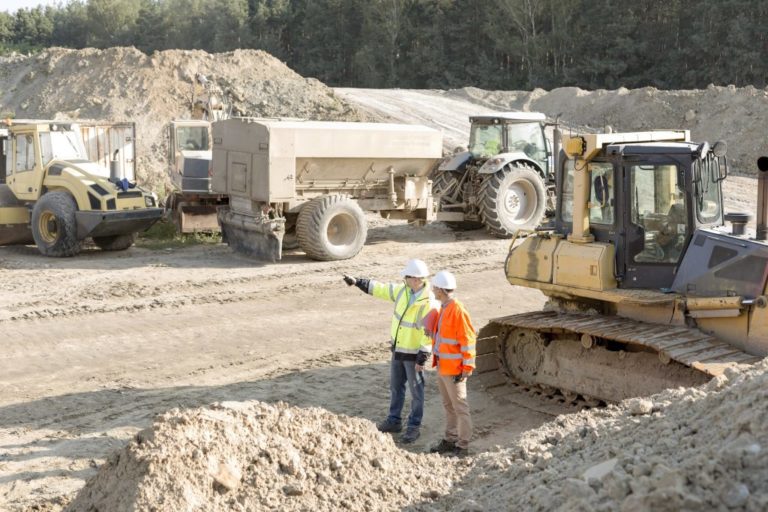
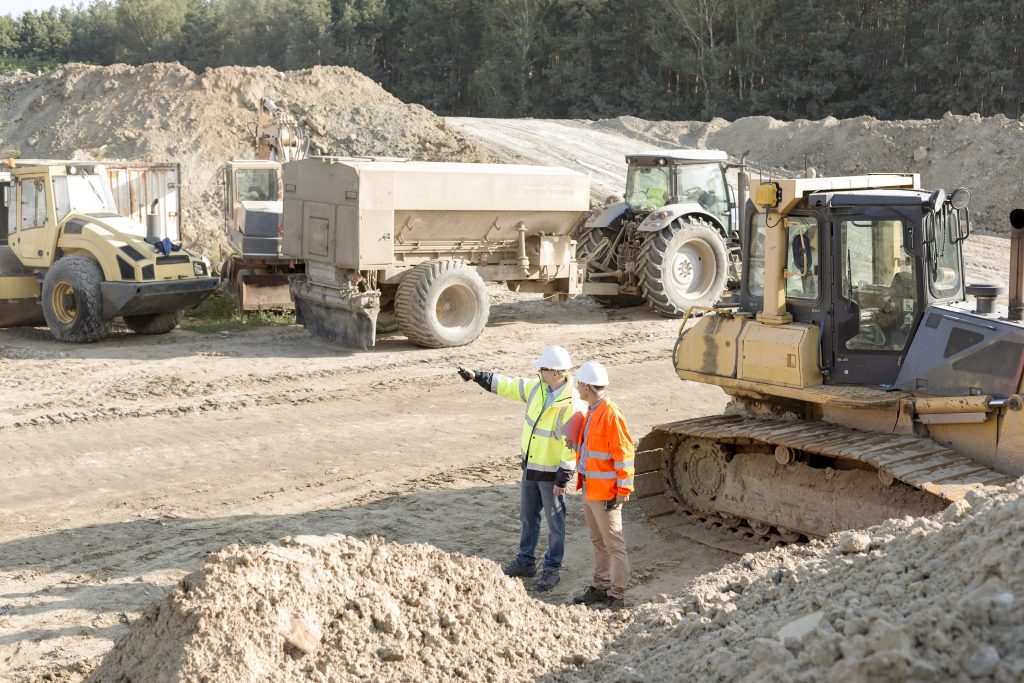

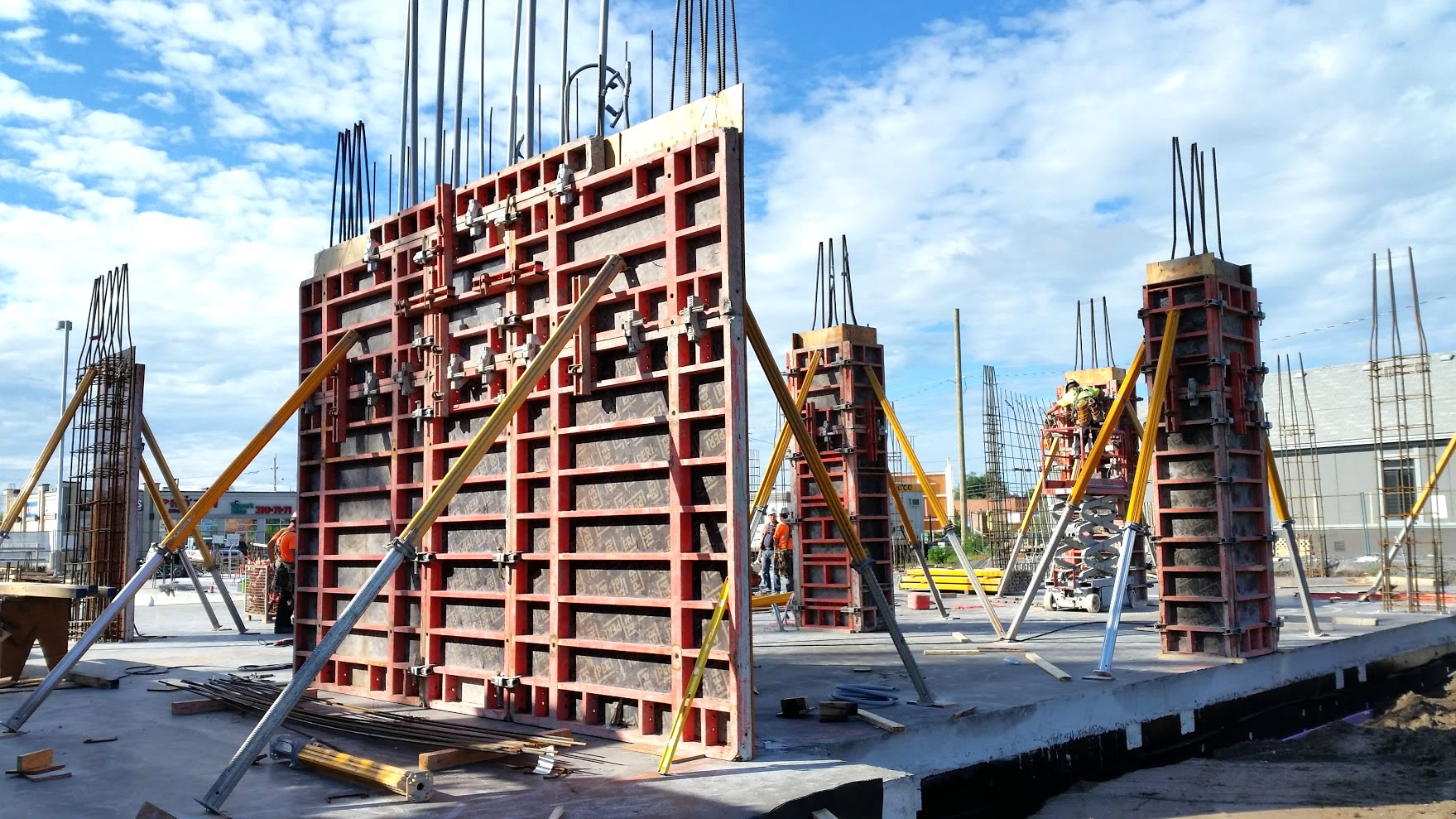

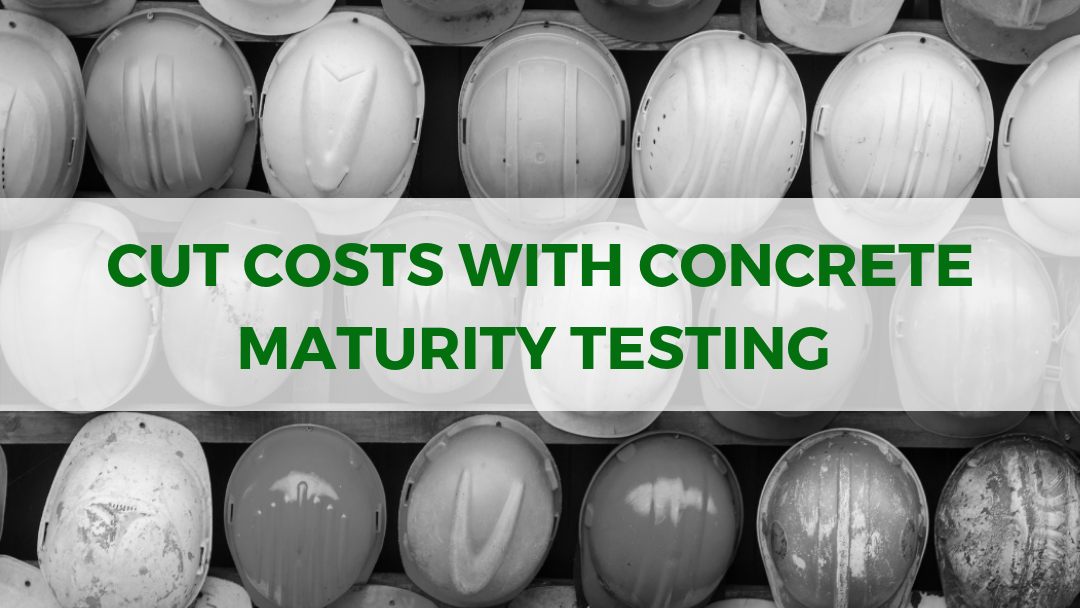

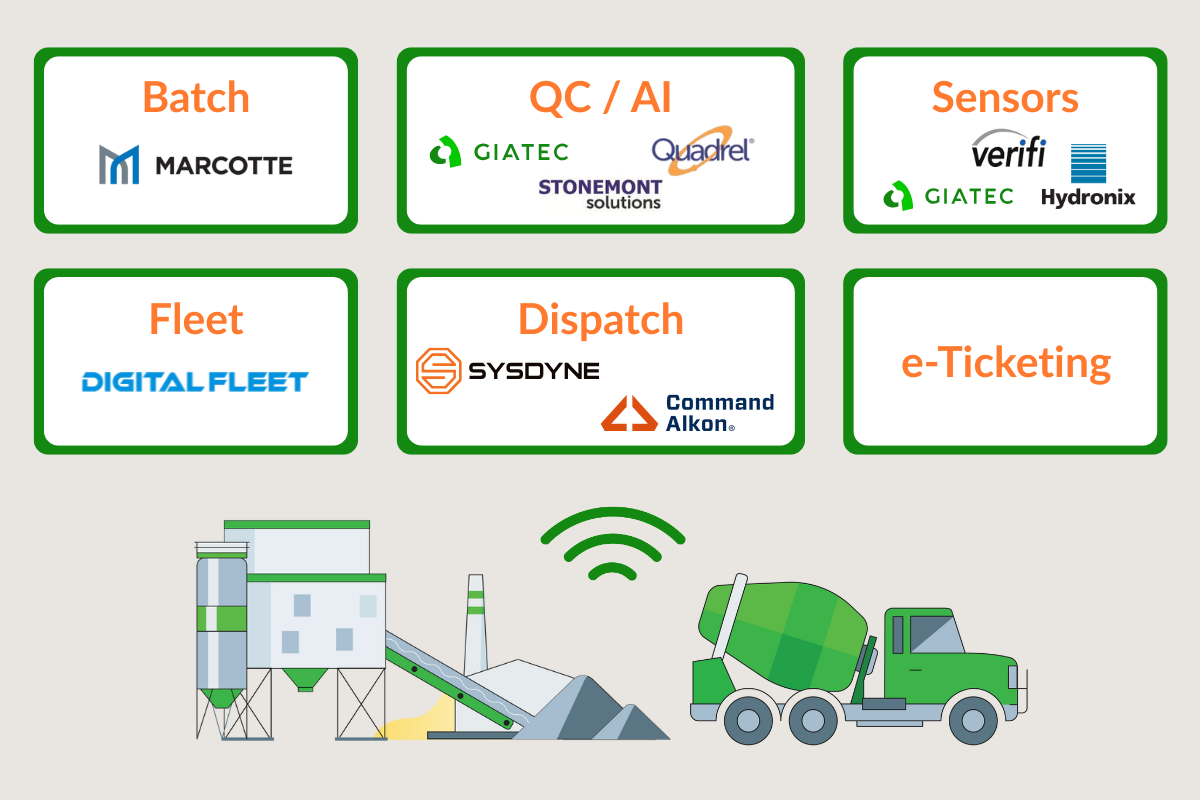
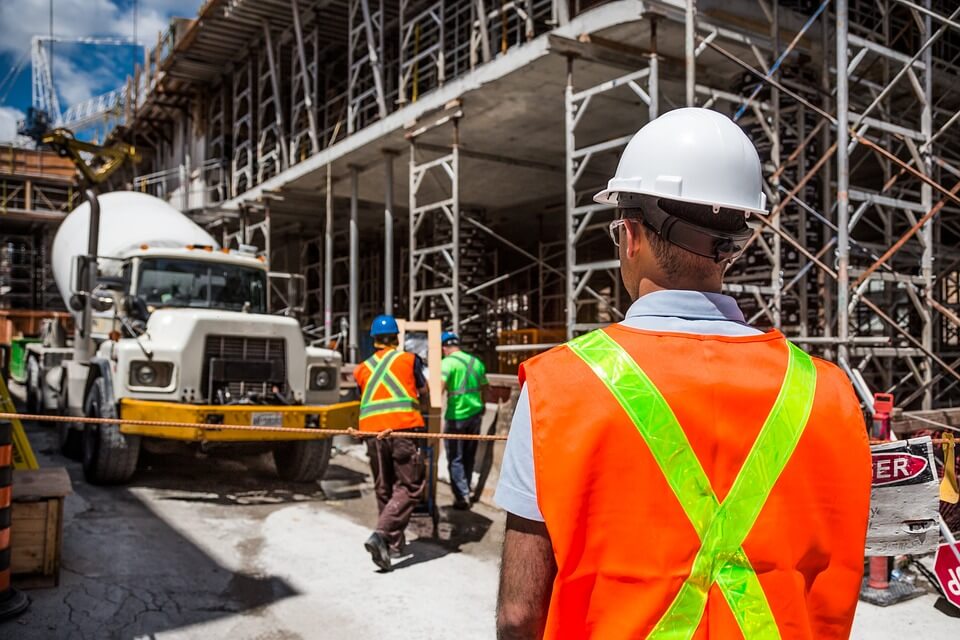

One Response
I’ve been looking for some concrete. I like that you talked about how you want to reuse extra concrete, which I think would be nice. I’m going to have to look for a good concrete provider and see what I can find!